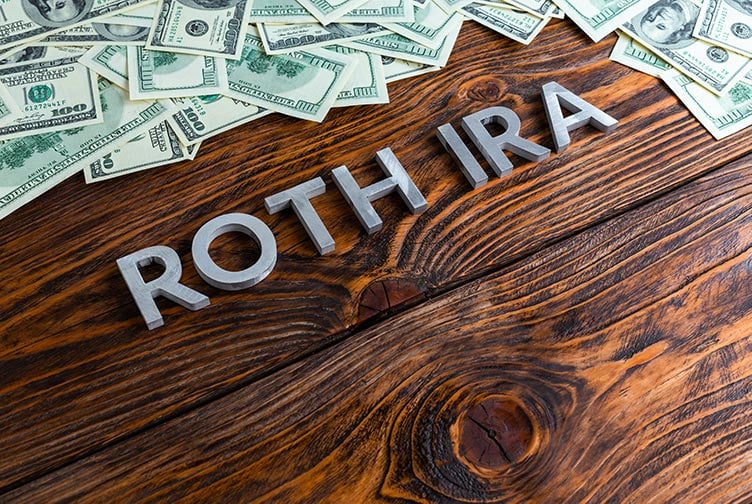
During the decades since traditional pension plans started declining, people have become increasingly responsible for creating their own retirement income. Many companies help by offering a 401(k) account, but not everyone is eligible for an employer-based retirement vehicle. For those investors, one crucial component of their retirement strategy is saving in IRAs (Individual Retirement Accounts). IRAs have numerous variations, but the two primary types are traditional and Roth.
The Roth IRA debuted in 1997 and is named for the US Senator who championed its creation. Roth IRAs differ from traditional IRAs in tax treatment. So, do you need to pay capital gains on a Roth IRA? The straightforward answer is no. Roth IRAs are unique in that they provide a tax-free growth environment for your investment. Since Roth IRA contributions are made with after-tax dollars, the earnings within the account, including capital gains, dividends, and interest, are not subject to capital gains tax, provided the withdrawals are made in compliance with IRS rules.
Why doesn’t a capital gain in an IRA trigger any tax?
IRAs (both traditional and Roth versions) are tax-advantaged savings vehicles. Selling investments within an IRA and earning a profit does not trigger a capital gains tax like selling an investment in a regular account.
Both types of IRAs have taxes, but they are applied very differently. In a traditional IRA, the investor pays income taxes (which may be higher than capital gains rates) when withdrawing funds from the account. This levy is the same for the person’s contributions and any earnings within the account.
In contrast, the investor creates a Roth IRA using money for which they have already paid taxes. Therefore, withdrawals are not taxed. Capital gains that may occur within the account when investments are sold for more than their cost are not taxed at the time of the gain or at the time of a withdrawal.
Drew Reynolds (Realized® Chief Investment Officer) explains Capital Gains in Real Estate.
Do you pay taxes on Roth IRA gains?
Investors who earn profits by selling stocks or other holdings within their Roth IRA do not pay capital gains taxes on the profit and do not owe income taxes when they withdraw from the account. The waiver of taxes on withdrawals is subject to the account holder meeting the requirements: the taxpayer must be at least age 59 ½, and the withdrawal must occur at least five years after the first contribution.
If the IRA is a traditional type, then the investor makes contributions with pre-tax dollars, as they would with an employer-based account like a 401(k). No taxes are applied to capital gains resulting from the sale of investments within the account. However, when the taxpayer makes withdrawals, they will then pay taxes at the rate that applies to their overall income at the time. That rate may be higher than the relevant capital gains tax.
That distinction is critical for taxpayers choosing between traditional and Roth accounts for their contributions (although they can fund both, subject to income and overall limits).
Which type of IRA is better for me?
The choice between a traditional or Roth IRA may be based partly on the investor's expectations regarding their income tax rate in retirement. Those who prefer the traditional IRA expect their income tax rate to be lower when they withdraw than when they contribute. Those who favor Roth IRAs expect the inverse and prefer to pay taxes based on their tax rate while contributing in exchange for enjoying the gains tax-free.
This material is for general information and educational purposes only. Information is based on data gathered from what we believe are reliable sources. It is not guaranteed as to accuracy, does not purport to be complete and is not intended to be used as a primary basis for investment decisions. It should also not be construed as advice meeting the particular investment needs of any investor.
Realized does not provide tax or legal advice. This material is not a substitute for seeking the advice of a qualified professional for your individual situation.



